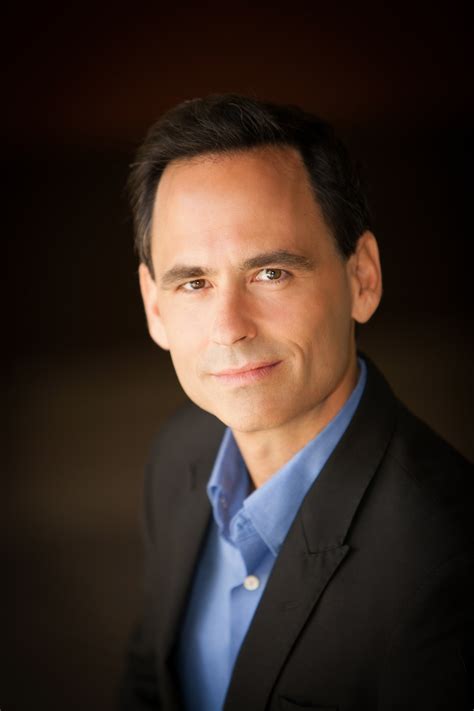A Quote by Dan Barker
Truth does not demand belief. Scientists do not join hands every Sunday, singing, 'Yes, gravity is real! I will have faith!'
Related Quotes
Belief, as I use the word here, is the insistence that the truth is what one would "lief" or wish it to be. The believer will open his mind to the truth on condition that it fits in with his preconceived ideas and wishes. Faith, on the other hand, is an unreserved opening of the mind to the truth, whatever it may turn out to be. Faith has no preconceptions; it is a plunge into the unknown. Belief clings, but faith lets go.
Belief is in a sense passive, an agreement or acceptance only; faith is active and positive, embracing such reliance and confidence as will lead to works. Faith in Christ comprises belief in Him, combined with trust in Him. One cannot have faith without belief; yet he may believe and still lack faith. Faith is vivified, vitalized, living belief.
WHEN reading my present treatise, bear in mind that by "faith" we do not understand merely that which is uttered with the lips, but also that which is apprehended by the soul, the conviction that the object [of belief] is exactly as it is apprehended. If, as regards real or supposed truths, you content yourself with giving utterance to them in words, without apprehending them or believing in them, especially if you do not seek real truth, you have a very easy task as, in fact, you will find many ignorant people professing articles of faith without connecting any idea with them.
Until the content of a belief is made clear, the appeal to accept the belief on faith is beside the point, for one would not know what one has accepted. The request for the meaning of a religious belief is logically prior to the question of accepting that belief on faith or to the question of whether that belief constitutes knowledge.
I was raised in a wonderful family of faith. It was church on Sunday morning and grace before dinner, but my Christian faith became real for me when I made a personal decision for Christ when I was a freshman in college, and I've tried to live that out however imperfectly every day of my life since, and with my wife at my side, we've followed a calling in the public service where we've tried to keep faith with values that we cherish.
You ask people, do you pray to [a person or] God. If you say yes to that, you're religious by, presumably, anybody's standards of your conduct. And it's the yes to that question that applies to 40% of scientists. So, there're plenty of atheists who are scientists or not scientists. There maybe a conflict but many people in this country coexist in both worlds.


































